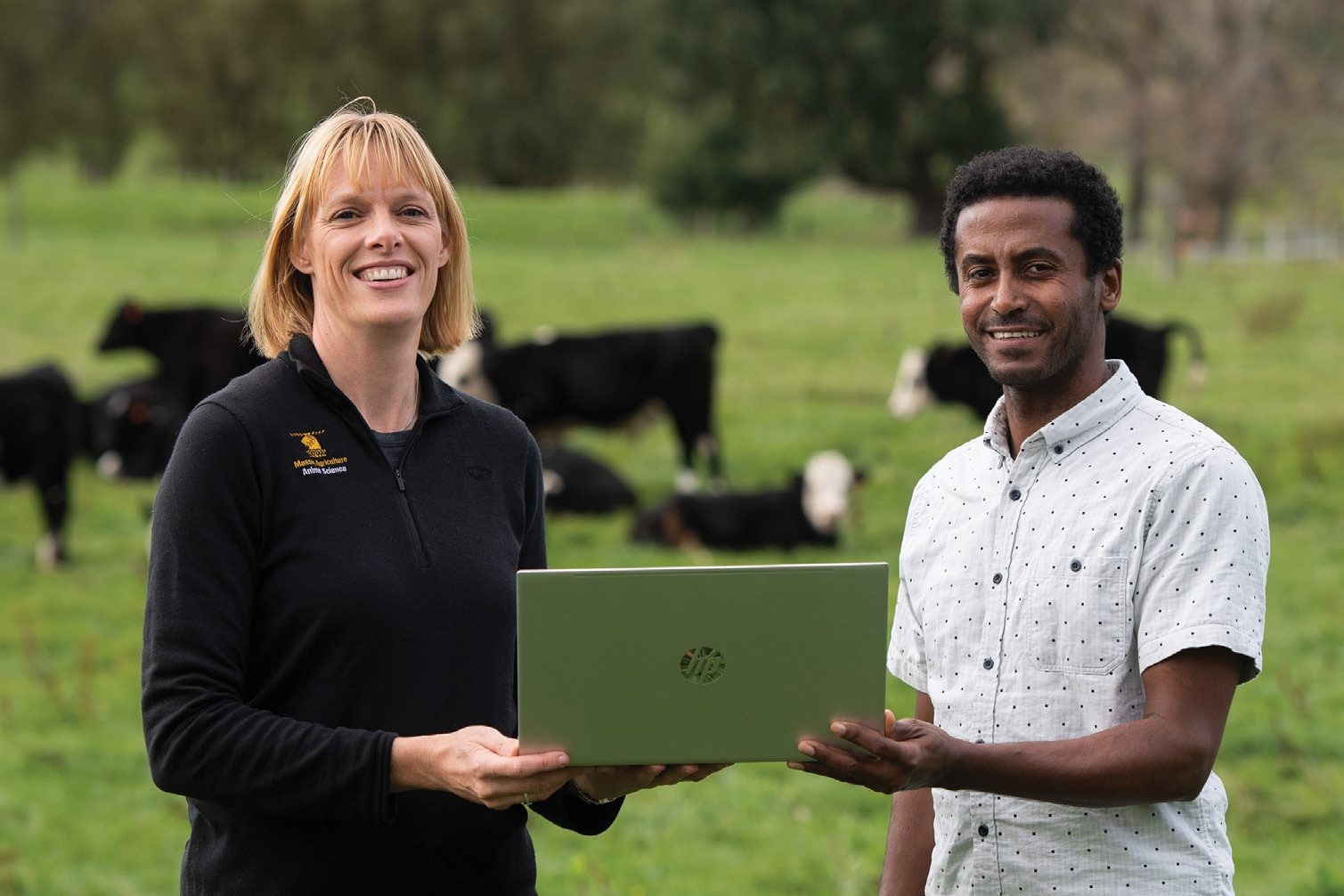By Delwyn Dickie
Finding good staff on short notice can be pretty tough at the moment, especially if you have a well-oiled team who all get on well together.
With farms now tightening up on who can come on to the farm – some farms won’t allow contractors on unless they’re double vaccinated – finding out someone on your team hasn’t been vaccinated can cause a really difficult situation. Especially if it’s a requirement of employment or is likely to become a requirement.
But how to approach them to give them, and you, the best chance of getting them over the line?
Rather than ‘having it out with them’ on why they aren’t vaccinated and giving them an ultimatum, Dr Dougal Sutherland, clinical practice manager with Victoria University’s School of Psychology says a better approach is to quietly sit down with them and understand why they haven’t been vaccinated.
And don’t try to change their mind, he says.
People will get defensive and dig in.
“At the same time be clear about the kind of consequences of those decisions,” he says. “Be clear about the farm rules and what the boundaries are, especially if it means that person can’t continue working there.”
For rural areas it may simply come down to accessibility, he says.
It may not be easy to pop into town in the lunchbreak if town is an hour’s drive away. Or they may think it’s too busy on the farm at this time of year to take the time off.
The thinking can be myriad – Covid-19 is the North Island’s problem, or it’s unlikely to reach them because they’re so isolated.
Or it may be much simpler – they haven’t gotten around to it yet.
Sutherland advises employers to be reasonable, be practical and lead by example. If you’re going into town to get vaccinated or if someone else is, offer to take them in too.
He also believes this is a health and safety issue.
If not getting vaccinated is serious enough that person could lose their job, then it’s serious enough to pay for their time to get vaccinated, he says.
Even if that means a paid afternoon or even a paid day off for that to happen, possibly including for someone else on the team to go with them if they need a figurative handhold, because they don’t like needles or putting something foreign in their bodies.
This support could also extend to their local communities so encouragement could also come from someone they like or respect in the community – a role model.
When it comes to conspiracy theories and disinformation on social media being behind the hesitancy Sutherland recommends not to try and have a direct argument about the facts.
“It’s just going to go down a rabbit hole that you don’t want to get into, and people will come up with all sorts of weird facts and figures.”
Just say you’re not sure about that – that’s not what you’ve heard, and sowing some seeds of doubt around the type of information they’re getting, he says.
And gently pointing out that the things they are getting off Facebook are actually taking people’s choices away from them, limiting the safety of the community, robbing us of our rights to make our own decisions.
While it might be good to tick the meeting off as Job Done it will also likely need to be a series of conversations rather than a one-off.
“As we’ve seen, once Covid gets into a community the vaccination rates shoot up,” Sutherland says. If they’re still reluctant and their job isn’t on the line this may well be what gets them over the line.





